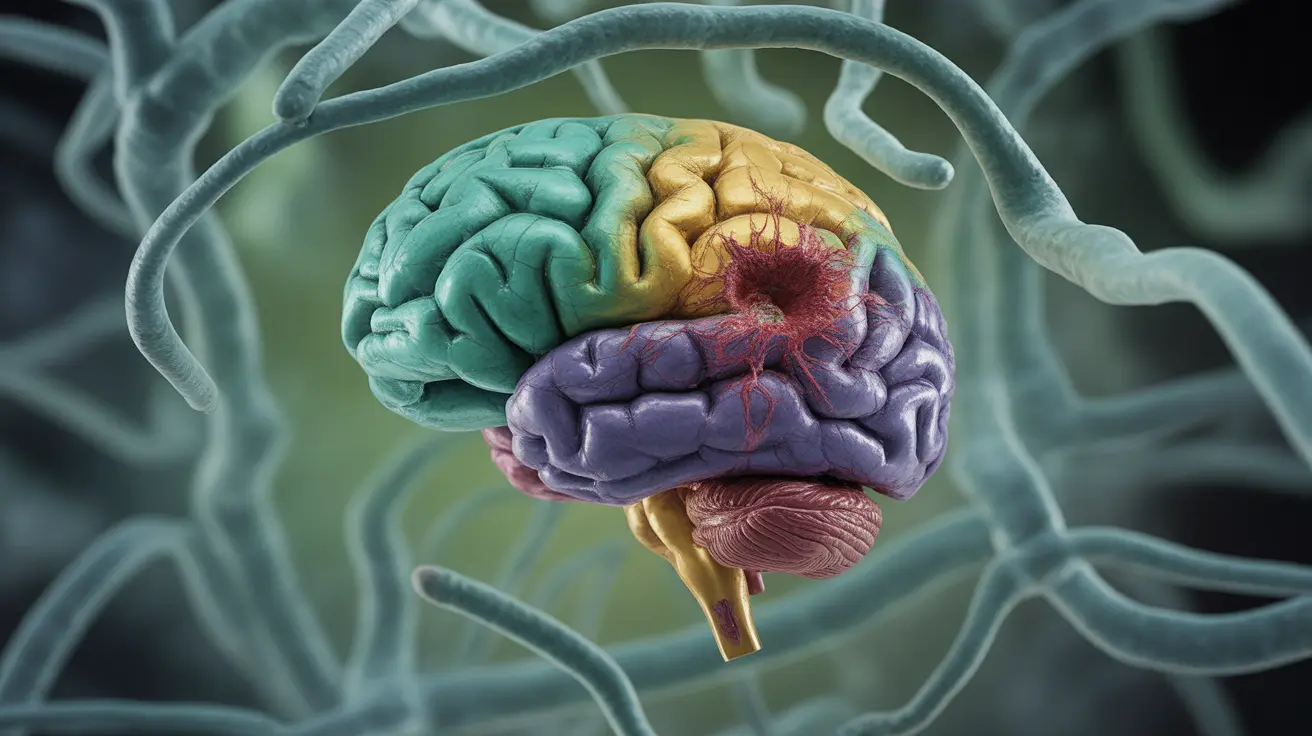Inhalant abuse, particularly through sniffing glue and other substances, represents a serious public health concern that can have devastating consequences for physical and mental health. This dangerous practice often begins in adolescence and can lead to both immediate and long-term health complications. Understanding the signs, risks, and available help options is crucial for prevention and intervention.
This comprehensive guide examines the effects of inhalant abuse, warning signs to watch for, and steps toward recovery. Whether you're concerned about a loved one or seeking information for educational purposes, this article provides essential knowledge about this hazardous behavior.
Immediate Effects and Warning Signs
The short-term effects of inhalant abuse can manifest quickly and may include:
- Dizziness and disorientation
- Slurred speech
- Lack of coordination
- Euphoria followed by drowsiness
- Nausea and vomiting
- Chemical smell on breath or clothing
- Redness around the mouth and nose
These immediate effects can occur within minutes of exposure and may last for several hours. The presence of multiple signs should be taken seriously and treated as a medical concern.
Severe Health Risks and Complications
Inhalant abuse can lead to severe immediate health complications that require urgent medical attention. These risks include:
- Sudden heart failure ("sudden sniffing death")
- Seizures and convulsions
- Coma
- Choking
- Suffocation
- Fatal injuries due to impaired judgment
The risk of death is present even during first-time use, making this form of substance abuse particularly dangerous.
Long-Term Health Impact
Repeated exposure to inhalants can cause significant damage to multiple organ systems:
Brain and Nervous System Damage
- Cognitive impairment
- Memory loss
- Reduced attention span
- Permanent brain damage
- Depression and anxiety
Other Organ Systems
- Liver and kidney damage
- Hearing loss
- Bone marrow damage
- Muscle weakness
- Chronic respiratory problems
Recognizing Addictive Behavior
Identifying inhalant abuse often requires attention to behavioral and physical changes:
Behavioral Signs
- Social withdrawal
- Declining performance at school or work
- Hidden empty containers or supplies
- Increased secrecy
- Changes in friendship groups
Physical Indicators
- Paint or chemical stains on face or hands
- Chronic runny nose
- Red or watery eyes
- Unusual chemical odors
- Sores around mouth
Getting Help and Treatment
Recovery from inhalant abuse requires professional intervention and support:
Immediate Steps
- Seek emergency medical care if someone is actively using
- Contact addiction specialists or healthcare providers
- Remove access to harmful substances
Treatment Options
- Medical detoxification
- Behavioral therapy
- Support group participation
- Family counseling
- Mental health treatment
Frequently Asked Questions
What are the common short-term symptoms and signs of sniffing glue? Common short-term symptoms include dizziness, disorientation, slurred speech, chemical smell on breath, redness around the mouth and nose, and potential loss of consciousness. Users may also experience nausea, vomiting, and severe headaches.
How dangerous is sniffing glue and what are the immediate health risks? Sniffing glue is extremely dangerous and can be fatal even on first use. Immediate risks include sudden heart failure, suffocation, seizures, coma, and death. The practice can also lead to accidents due to impaired judgment and coordination.
What long-term damage can repeated glue sniffing cause to the brain and other organs? Long-term damage includes permanent brain damage, memory loss, cognitive impairment, liver and kidney damage, hearing loss, and bone marrow problems. The nervous system can be severely affected, leading to coordination problems and persistent mental health issues.
How can I tell if someone is sniffing glue based on behavior or physical signs? Look for chemical smells on breath or clothing, paint or chemical stains on face/hands, hiding containers, social withdrawal, declining performance at work/school, and physical symptoms like frequent runny nose, red eyes, and sores around the mouth.
What steps should be taken to help someone who is addicted to sniffing glue? First, ensure immediate safety and seek emergency medical care if needed. Then, connect with addiction specialists for professional treatment, which may include medical detoxification, behavioral therapy, support groups, and family counseling. Remove access to harmful substances and provide consistent support throughout recovery.




